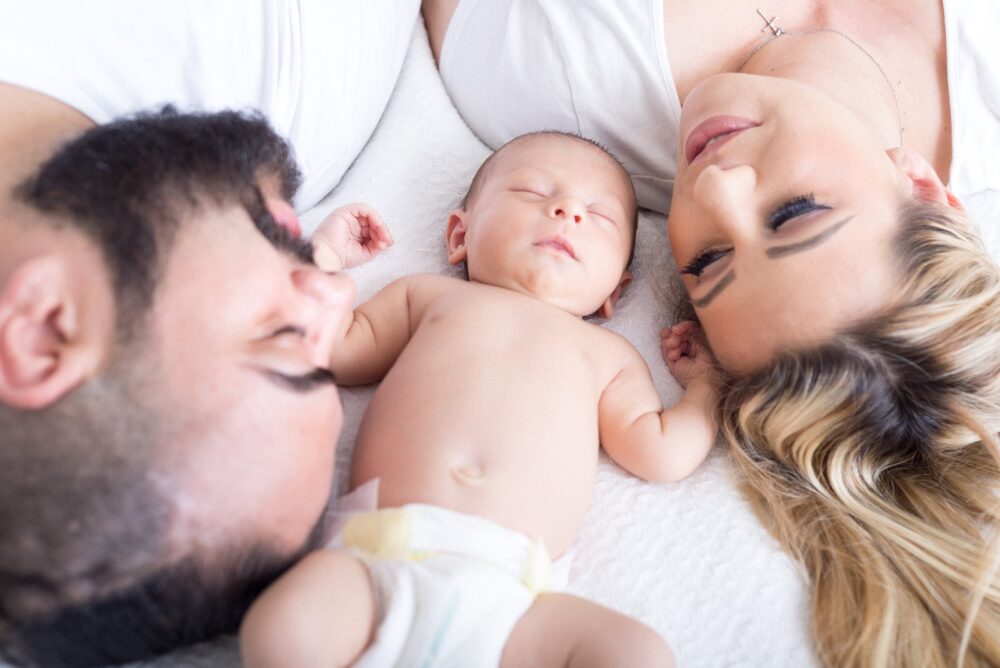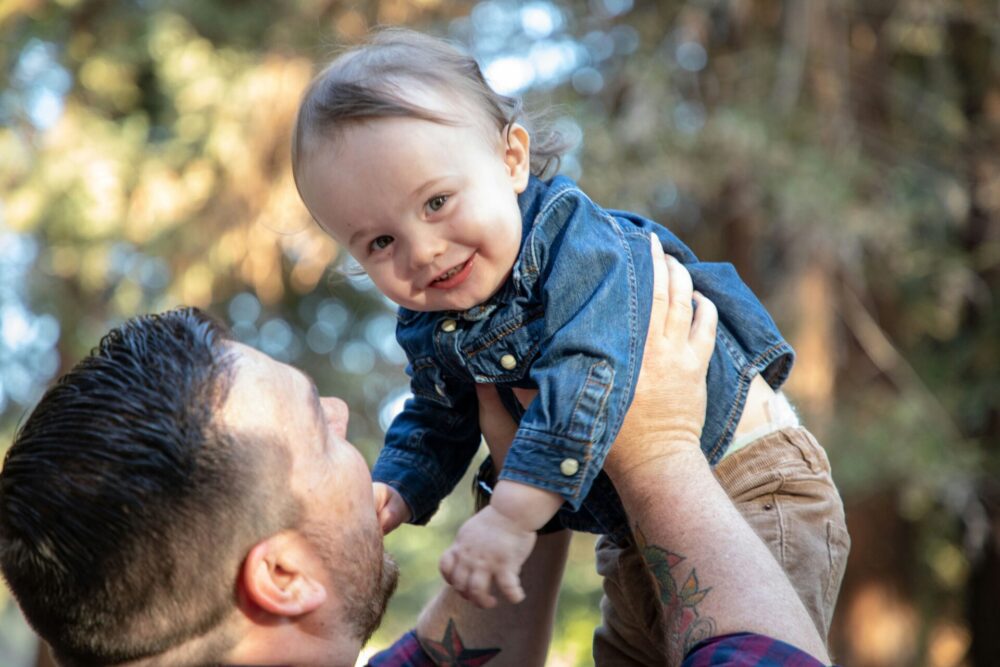BLOG
Going It Alone: the IVF Process for Single Women
Fertility, IVF, Single Women
Share this:
All of our blog posts are written, edited, or produced by the Kind iVF Content Team. This is a collaboration between our expert writers, health editors, and the leading researchers and senior doctors at our clinics across the UK.
Key Takeaways
- The IVF process for single women is increasingly relevant, reflecting a growing embrace of singlehood in the UK.
- Single women seeking IVF in the UK must navigate specific legal regulations and considerations.
- Mental and emotional preparation is crucial for single women embarking on the IVF process.
- Choosing the right clinic is essential for single women pursuing IVF, ensuring their needs are met.
- Selecting a sperm donor involves careful consideration and decision-making for single women undergoing IVF. Embracing Singlehood: The Rise of Solo IVF Journeys
An increasing number of women in the UK are opting for in-vitro fertilisation (IVF) and selecting single parenthood over other ways of living. Yet the path to this kind of independence is not without its challenges. There are numerous reasons why more and more women are choosing to undergo IVF alone. They are doing so largely because, in the past few years, the technology associated with the procedure has improved dramatically; society now seems far more accepting of nontraditional family structures; and women, more than ever, feel they can and should control their own reproductive lives.
Still, the choice remains a difficult one. The legal and emotional hurdles women must clear to become solo IVF candidates are substantial. (“Solo” in this case means single, yet to be married, and not in a partnership.) Yet, for some, the potential rewards of a baby make the uncertainty worth it.
Choosing to undergo IVF as a single woman speaks volumes about the resilience and determination of these individuals. They are, in a very literal sense, creating new families and doing so under circumstances that have historically not allowed for much family-building hope.
Going It Alone: the IVF Process for Single Women – Navigating the Legal Landscape: UK Regulations for Single Women Seeking IVF
The legal framework in the UK that pertains to single women seeking IVF is established by the Human Fertilisation and Embryology Authority (HFEA). Regulatory in nature, the HFEA is the body that oversees the fertility clinic sector in the UK. As a single woman seeking IVF, it is of paramount importance to grasp the fundamentals of the legal environment that pertains to your personal situation. The HFEA guidelines make clear that single women have the same legal rights as married or partnered individuals when it comes to accessing IVF and other assisted reproductive technologies. However, the specifics of the various IVF clinic requirements that apply to single women, and their legality, are something of a mixed bag.
The HFEA rules spell out the rights and duties of both the donor and the recipient. It ensures that everyone has their legal ducks in a row. What’s more, it probably gives single women the most comfort because it makes very clear who is what in this brave new world of assisted conception. What single women or basically any woman coming in to use donor gametes really need to do is understand thoroughly what’s going on because clarity is power.
Single women can undertake the IVF process in a lawful manner and with the future child’s wellbeing as a top priority. They just have to negotiate the legal landscape with care and diligence, like many others bringing a family into the world.
Going It Alone: the IVF Process for Single Women – Choosing the Right Clinic: Finding the Perfect Fit for Your IVF Needs
If you are a single woman starting down the path of in vitro fertilization, your choice of a fertility clinic is one of the most crucial decisions you can make. It will affect not just the likely outcome of your cycles but your overall experience as well. You need to know that the people you are trusting with such significant parts of your life have the training, the skills, and the appropriate setup to get the job done successfully and as painlessly as possible. Clinics are now popping up all over the place to serve the medical needs of single women who want to become mothers. Take your time. Do your research.
Also, think about how experienced the clinic is with primarily serving single women. Single women may need different kinds of support during the emotional rollercoaster of the IVF process, and clinics that serve this population buy into a model of care that’s focused on serving the needs of their patients. That’s a pretty fundamental thing to look for in any fertility clinic.
Single women may require different kinds of support when going through in vitro fertilization. The overall clinic environment and the medical team’s bedside manner can play crucial roles in the comfort and confidence of single women undergoing IVF. It is vital for them to choose a clinic that provides a warm and welcoming atmosphere where they feel truly understood. They may also want to consider the types of medical support services available to them as they make this life-changing decision.
Moreover, unmarried women who are not in a long-term partnership should closely examine their IVF clinic’s approach to the selection of donors. This focuses not just on sperm donors, but also on egg donors, which is relevant for half of all clinic users. When a clinic serves single women, it is doing so by way of a procedure that offers a number of very different outcomes, depending on which path a woman chooses. And these are donor-related outcomes that carry within them not just medical relevance, but emotional and even ethical implications that should concern anyone who contemplates or undergoes this process.
Kind iVF offers a range of fertility events where you can learn more about our approach to IVF.
Going It Alone: the IVF Process for Single Women – Donor Selection: Considerations for Choosing a Sperm Donor
If you’re a single woman who wants to become a mother using IVF, finding a sperm donor will be your first big parenting decision. But don’t be intimidated. This is not a process that you have to go through alone, and it is not a decision that you should rush into.
In the UK, sperm donors are required to give certain personal information, and this is what you’ll be using to help pick your child’s father. The good news is that the information you’ll have access to will help you make a well-informed choice. You can then move on to considering whether and how the donor’s characteristics might be reflected in your child.
Besides the prospective donor’s personal profile, single women considering sperm donation for conception may want to think about the donor’s known and potential genetic traits. These often relate to the likelihood of inheritable diseases and the physical and intellectual attributes of the donor that might be passed on to the children—facts the prospective donor might not always be inclined to share. Obtainment of this information could be a basis for the prospective mother to rule out a particular donor, especially if the child would be at risk for some serious inherited condition.
When single women give precedence to their future child’s welfare and their own personal needs, they can pursue the journey to parenthood with renewed vigor and a heightened sense of empowerment.
Going It Alone: the IVF Process for Single Women: What is IVF and how does it work for a single woman?
IVF, or in vitro fertilisation, is a medical procedure that helps individuals and couples conceive by fertilising an egg with sperm outside the body. For a single woman, this process typically involves using a sperm donor obtained from a sperm bank. The eggs are retrieved from the woman’s ovaries, fertilised with the sperm, and then transferred back into her uterus as an embryo. This procedure allows a single woman to pursue motherhood without the need for a partner.
Going It Alone: the IVF Process for Single Women – What are the fertility treatment options available for single women?
There are several fertility treatment options available for single women. These include IVF with donor sperm, intrauterine insemination (IUI), and egg freezing. Each option has its own process and considerations. IUI involves placing sperm directly into the uterus during ovulation, while IVF involves fertilising the egg in a lab. Egg freezing can be a viable option for those who wish to preserve their fertility for future use.
Going It Alone: the IVF Process for Single Women – How do I choose a sperm donor?
Choosing a sperm donor is a significant decision for single women. Factors to consider include the donor’s physical characteristics, ethnicity, education, and medical history. Many fertility clinics and sperm banks provide detailed profiles of donors to help individuals make an informed choice. Additionally, some women may prefer to use a known donor, which involves legal and ethical considerations that should be discussed with a counsellor.
Going It Alone: the IVF Process for Single Women – What is the success rate of IVF for single women?
The success rates of IVF can vary based on several factors, including the woman’s age, the quality of the eggs, and the specific fertility treatment employed. Generally, younger women tend to have higher success rates with IVF.
Share this:



